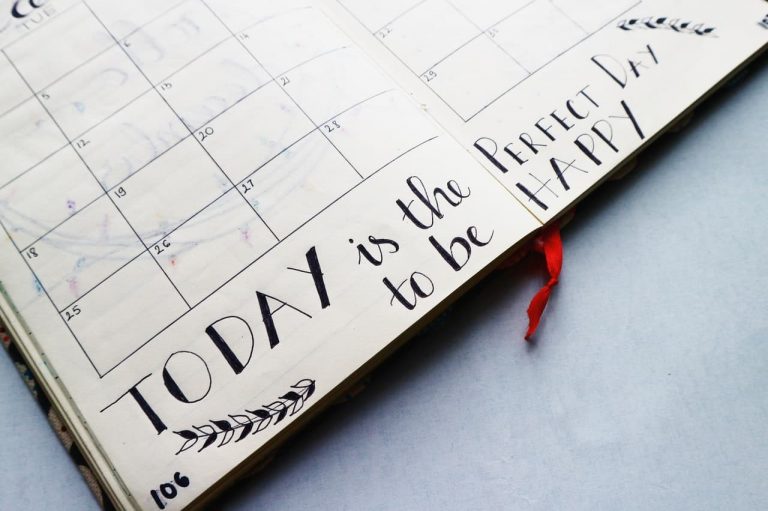
When a habit(s) becomes a part of your life it will be difficult to let go of. Imagine how great it would be if it were good habits. When learning a new language, don’t expect the process to be easy.
Be ready to change some of your bad habits and make the target language a part of your everyday life. Below are the 7 ways to create good habits in language learning you can start today.

That something could be a reward or punishment. Doing so will make you form a habit you can’t avoid. Take Duolingo as an example.
If you don’t log in to practice in a day you’ll lose your streak. The thought of it scares you when you’ve worked hard to build it. Yes, you can use the streak freeze but in my opinion, that’s a cheat.
“Those who fail to plan; plan to fail!” - Steve “S.J.” Scott
If there are times when you suddenly feel like doing something in your target language, be it studying again even when you’ve already done it in the morning, or looking for movies, etc, do it instantly.
When motivation kicks in, which rarely happens, that’s the best moment you can’t afford to ignore.
“Motivation is unreliable: it goes up and down, no matter how hard you try to sustain it. Yet we need it to do difficult things. No wonder so many of us struggle to make big changes like losing weight or learning a language.” – Katie (JoyOfLanguages)
Learning a new language means memorizing and understanding lots of vocabulary, the grammar structure, you name it. To have a solid grip on this would mean a lot.
Forgetting some if not most of them along the process means we need to step back and slow the pace.
You have to do lots of reviewing, strengthening what you’ve already learned and less on learning new lessons or topics, at least until you’re ready to move on.
No, this isn’t an option.
I make it a habit to review what I’ve learned before starting new vocabulary and grammar. Remember, it’s before not days after, weeks after, or months after.
I started doing this when I realized I kept forgetting most of the words I learned yesterday or the day before yesterday. Screw ‘we’re human after all’.
This is me neglecting the right way of learning, rushing to I don’t even know what. But, I’m glad I made those mistakes. It makes me aware of what works and what doesn’t.
“Success in language learning requires a solid vocabulary.” – Steve Kaufmann

If learning the target language is as important as your other life priority, why not give the same attention and effort it deserves? If it’s not, still spare a few minutes for it. Why start something knowing you won’t even have time, right?
It’s as simple as that.
“The problem is not a lack of time, but a lack of prioritization.” – John Fotheringham
When you do yoga you don’t do the same pose all week. It’s going to be different every day. The same thing with language learning. Make it fun by diversifying it.
For example, on Mondays, learn the present tense using X (name of the app/ software/ website/ book), on Tuesdays, listen to the radio (in the target language) for 15 minutes, on Wednesdays, watch YouTube videos (language motivation/ polyglot inspiration), etc.
The internet is there for a reason. Use it.
The obvious difference between habit and motivation is with a habit you do it naturally regardless of whether you’re tired or not. With motivation, you need something to push you through whatever you’re doing or trying to achieve.

I read an article talking about this and I’m kind of surprised to see the difference. I mean we all do this but failed to see it, or in my case failed to implement it in the difficult aspect of Spanish, which I’m currently learning.
What we could do, as many others have suggested is do small and achievable tasks without hoping to get something big in return instantly. The purpose is to plant the habit pressure-free and build it from there.
“When you form a habit, you won’t have to get “motivated” to do something. You won’t have to use willpower or “force” yourself and get it done.” – Maneesh Sethi
One of the study habits written by Steve “S.J.” Scott is to rate how you feel after each study session. Personally, I think this could come hand in hand with point #5 to measure the effectiveness of the methods being used or the habits in general so you can eliminate ones that don’t work.
Besides, we are all in for good effective habits, aren’t we?
I enjoy writing this post because it’s a good reminder to me to re-evaluate everything back and I hope it’s the same for you too.
So, are there some of the good habits that work great for you? Share with us in the comment below.
©2025 Together We Learn More
©2025 Together We Learn More